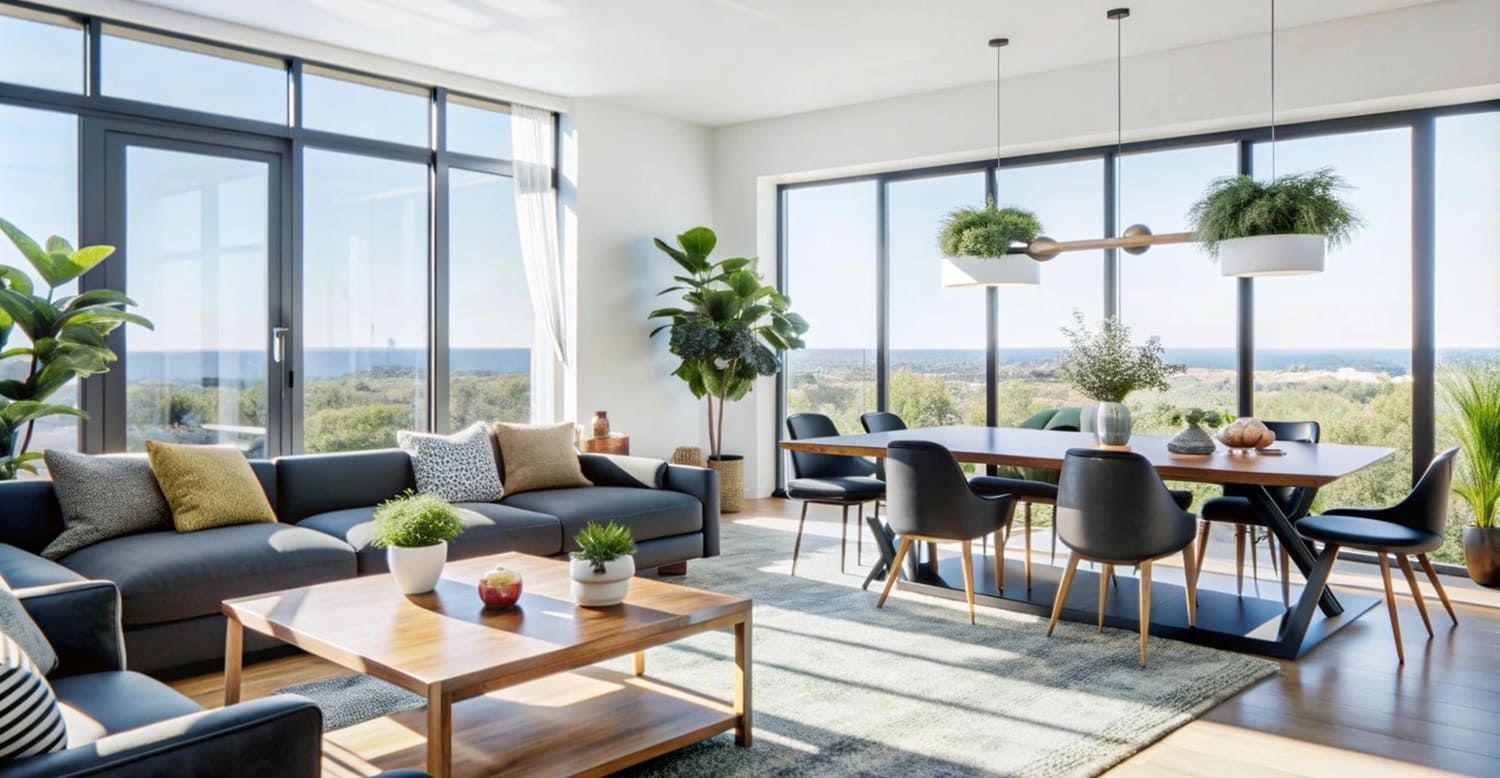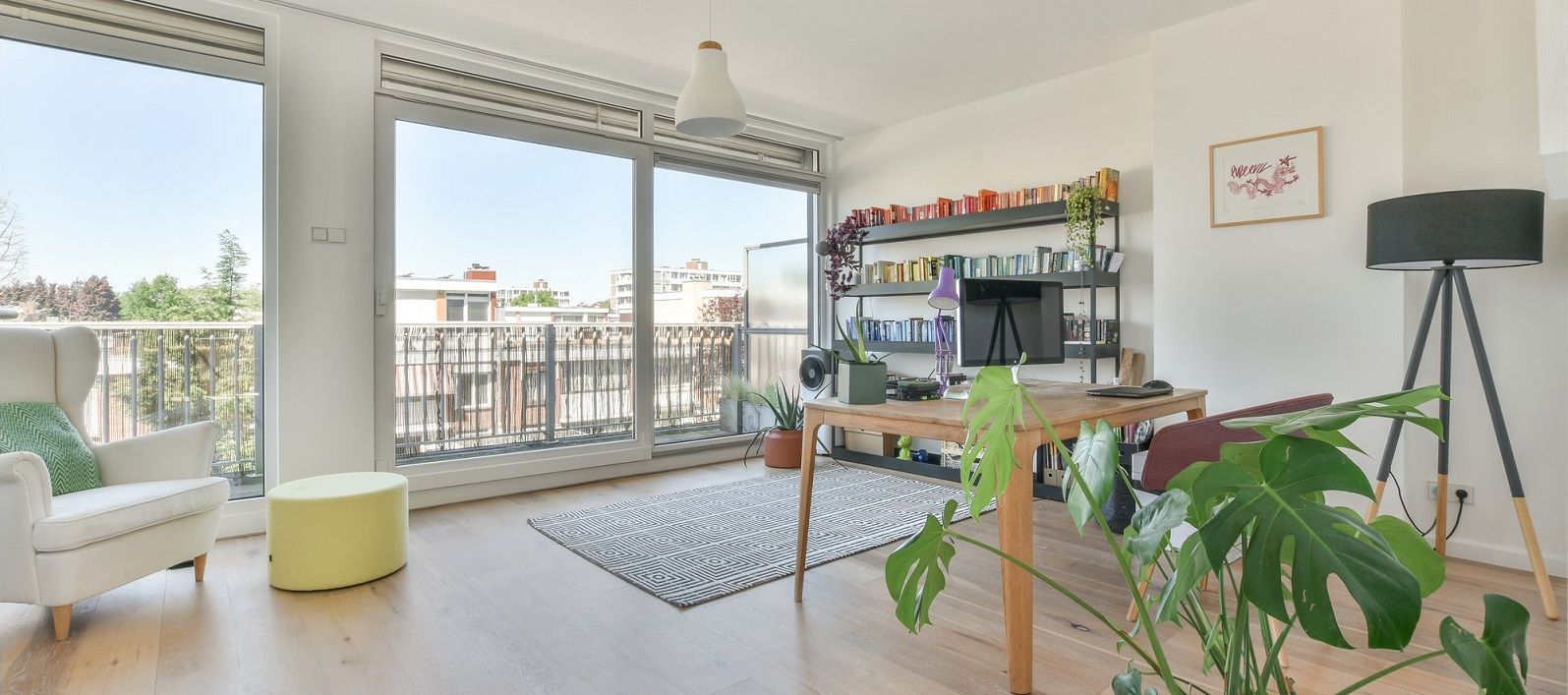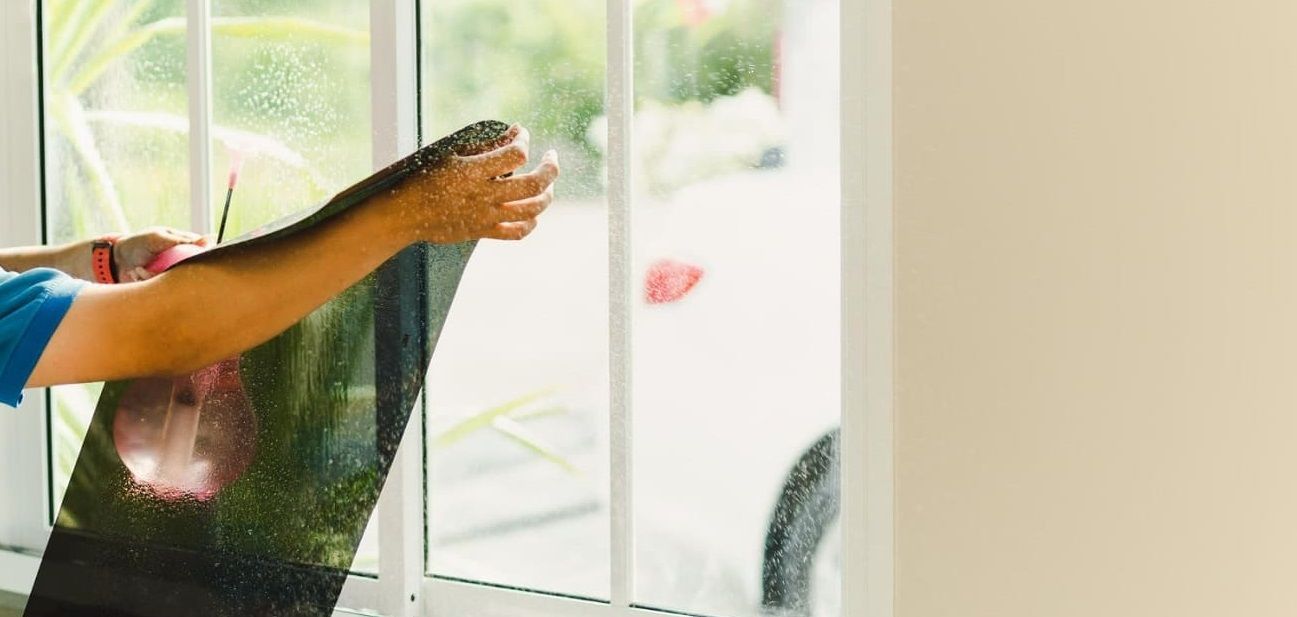THE BEST IN RESIDENTIAL AND COMMERCIAL WINDOW TINTING
7 Questions to Ask Before Tinting Your Home Windows
Are you considering tinting your home windows? Before you do, check out these essential questions you need to ask. Read more here.
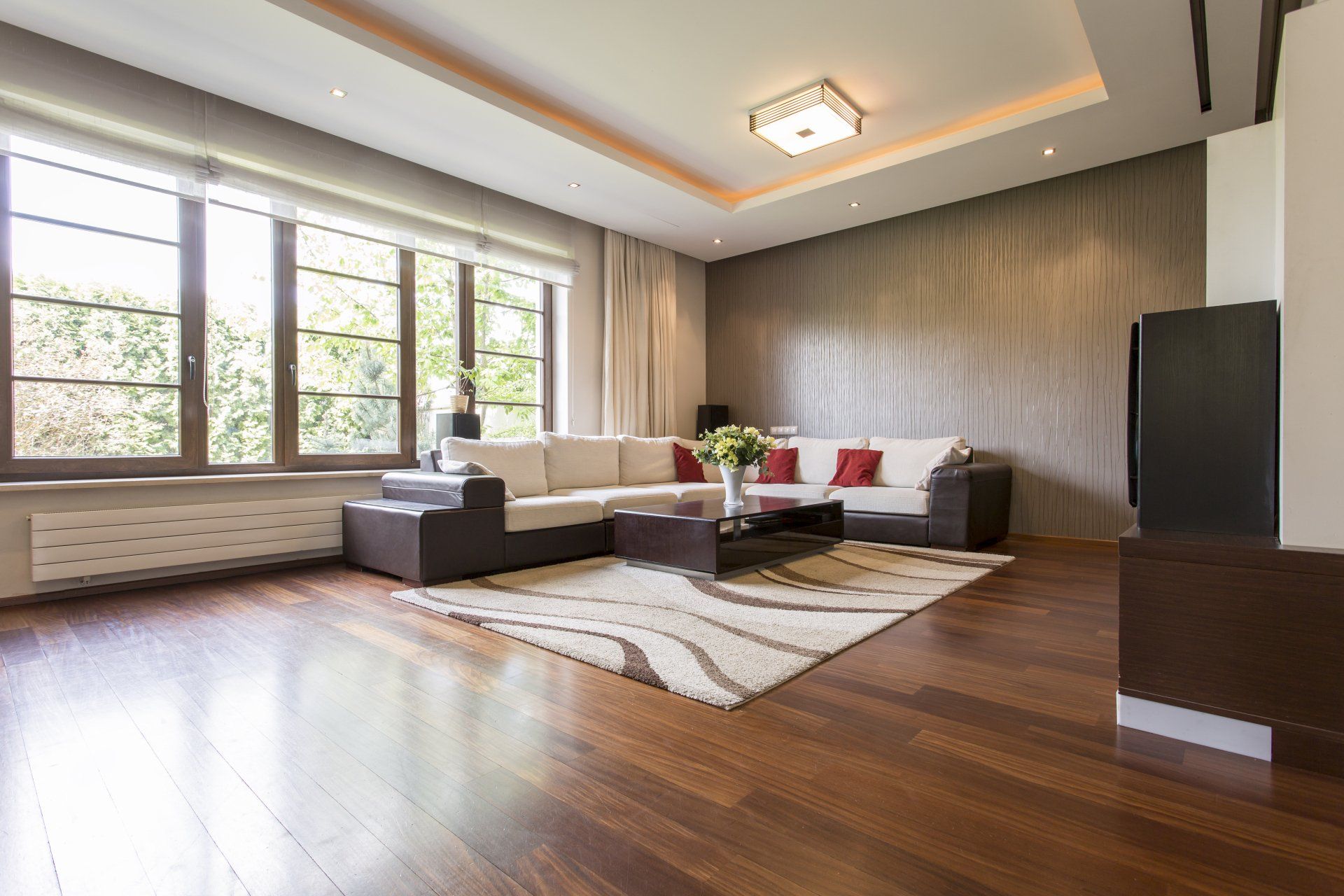
Are you thinking about tinting your home windows? If you’re considering it, you probably know window tints can offer more privacy, energy efficiency, or a cool design element in your home.
But with so many kinds of window tints on the market, it can be hard to know where to start.
That’s where we come in. Keep reading to learn about the seven essential questions you need to ask yourself before tinting your home windows.
1. What Am I Trying to Achieve With Tinted Windows?
The first thing you should think about before tinting your home windows is what your end goal is. There are several reasons that people choose tinted home windows. Recognizing what the driving force is for you will help you choose the right kind of tint.
Some of the most popular reasons to install window tint include:
- UV protection for your family and your furniture
- Improved energy efficiency
- Increased home security
- Reduced glare
- Increased aesthetic appeal
- Affordable alternative to window replacement
Tinted windows in your home can provide several unexpected benefits. Be sure to do your research to find out all the ways tinted windows can benefit you and your family.
2. What Kinds of Window Tints Are Available?
There are different types of window tints available, and each offers its own unique benefits. Below we dive into three different kinds of window tints.
Solar
The main point of solar window tints is to help improve energy efficiency in your home. This type of film can reflect or absorb up to 99% of UV rays. This type of tinting provides glare reduction, protection against UV rays, indoor temperature regulation, and protection of indoor furniture from fading.
Solar film usually comes in a neutral color, ranging anywhere from copper to silver. Overall, it improves temperature comfort and increases energy savings.
Security
Are you worried about your windows breaking? Whether you want to protect against storm damage or home invasions, security film can help.
Security film is the thickest type of tint and is made to improve window strength. These films make windows much harder to break or shatter.
If the window is struck, the damage spreads to a large crack. This keeps the window in one piece instead of shattering.
It’s important to note that most kinds of security films don’t reflect or absorb heat. If you want a film that does both, be sure the product you choose will work for you.
Decorative
If you’re looking to add some flair or a special touch to a room, decorative tints might be the way to go. Decorative tints are the thinnest type of window tint and provide minimal heat reflection and absorption.
Decorative window tinting is used to add privacy or a design aesthetic to a room. There are a lot of options on the market when it comes to decorative window tint. You can find it in various etched patterns, stained glass designs, or opaque designs.
3. How Much Do I Want to Spend?
Tinting your windows is a long-term investment. Like any other home improvement project, it’s important to set a budget you’re comfortable with before you get started.
There’s obviously an upfront cost for the materials and window tint installation. But, if you’re installing window tints for energy efficiency purposes, you may be saving money in the long term. That’s something to consider when creating your budget.
Once you know what kind of window tints you want for your home, set a budget that you’re willing to spend on the project. Get quotes from a few different companies and select the one that best meets your needs.
4. What Type of Windows Do I Have?
Each type of window tint absorbs a different amount of heat. Since security and decorative films absorb a small amount of heat, they don’t cause much thermal stress on your windows. That’s why they can be applied to pretty much any window.
However, that’s not the case for solar films. Since solar tints absorb much more heat, they can cause certain types of windows to crack. It’s best to check the manufacturer's guidelines for compatibility before applying any tint to your windows.
5. Are My Windows Currently Under Warranty?
Before you tint your windows, find out if they’re still under warranty. This might be surprising, but installing window tints could potentially void your warranty.
A lot of manufacturers won’t cover damage or defects if you’ve applied film to the glass panes of your windows. That’s because certain types of window films have the potential to damage certain types of glass. Before making a final decision, check to see if your warranty supports window tint application.
6. Which Windows Should I Tint?
This is totally up to you! If your budget allows, tinting all the exterior windows in your home is a great way to increase energy savings and decrease your electric bill. It’ll also provide a layer of protection for your family.
If your budget is a bit tighter, choose the windows that get the most sunlight during the day or are at the highest risk of break-in or damage.
Keep in mind that tinting isn’t just for exterior windows! If you’re looking to add something to enhance the design of your kitchen or bathroom, a decorative window tint could be the perfect solution.
7. Do I Need Professional Installation?
Although you might be tempted to make this a DIY project, it’s a good idea to get a professional installation for your window tints. Professionals will install the tint correctly the first time, and you won’t have to worry about damage or air bubbles on your window.
Another benefit of professional installation is the expertise that comes with it. A professional will know which type of window film fits your specific windows, which minimizes the risk of damage.
Ready to Try Tinting Your Home Windows?
Now that you’ve learned all about tinting your home windows, are you ready to give it a try? Consider what you’re looking to get out of window tinting and find the option that’s right for you!
At Film Systems Of Florida, our experts are available to help you make your window tinting dreams a reality. Contact us today to get started on your window tinting journey!
Film Systems Of Florida Blog
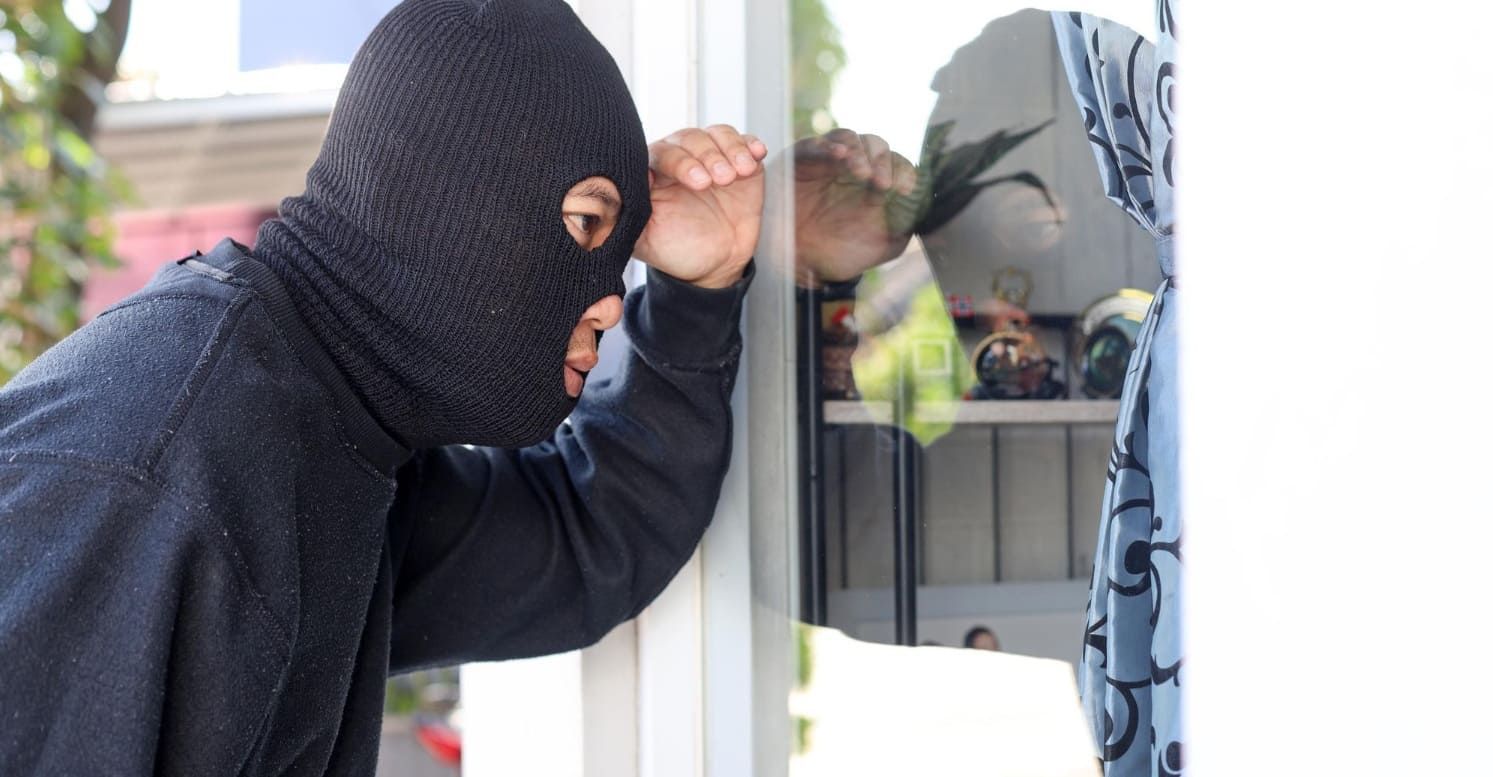









All Rights Reserved | Film Systems of Florida

